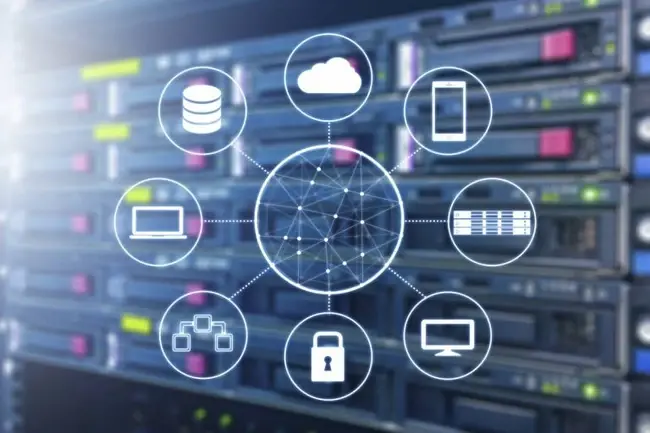
For businesses to stand a chance in the enterprise landscape of today and tomorrow, they need to embrace Internet of Things (IoT). In fact, many of them already are, with investments in IoT initiatives happening all over the shop.
However, as with all emerging technologies, companies are encountering new challenges at every corner. In particular, data integration has proven especially difficult. This can be very frustrating, as organisations know that both IoT and data are perhaps the two most valuable assets in their portfolio.
IoT concerns have largely surrounded security, and this perhaps plays a part in why data integration has been so eclipsed. However, this doesn't make the need for data integration any less, and organisations should get familiar with why data integration in IoT is a raging priority.
What is data integration in IoT?
It's in an organisation's best interests to collect IoT data as it gives a more comprehensive view of the business. However, the sheer volume that the multiple sources generate is overwhelming, to say the least. Organisations will experience, if they aren't already, great difficulty in keeping up with the different endpoints and the data they generate.
Not only that, but once they have their hands on the data, it can be difficult to decipher. Furthermore, each data source may generate data entirely different to the others. In turn, this necessitates good data hygiene practices to make the data easier to action.
Normally, organisations would need to invest time and money into manual or hand-coded integrations, all while taking care of processing and cleaning. However, a number of integration platforms are available to tend to your data needs. Not only do they integrate as suggested on the tin, but they can take care of other tasks too. This involves processing, cleaning, and extraction.
In particular, cloud integration platforms present themselves as a more future-proof approach. As we know with cloud, it offers scalability to suit the unique needs of different organisations. What's more, it allows you to centralise all of the endpoint data in one place. In turn, organisations needn't worry about 'keeping track' of their data, as it can easily be accessed via the platform. As well as this, organisations can automate their data processes to free up employees to work on higher value tasks.
Organisations should promptly explore their integration platform options for a truly competitive advantage. Without it, you may not ever get the most value out of your data.
Don't miss the Top 10 Female Entrepreneurs to Watch in 2020!





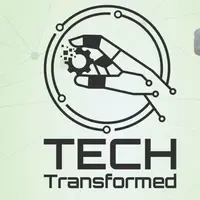

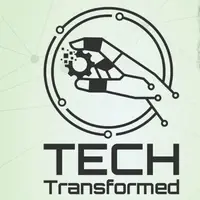

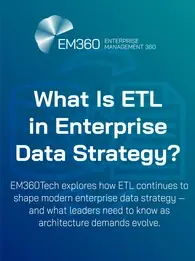
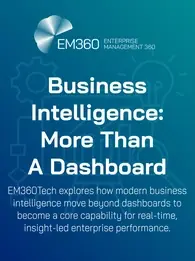

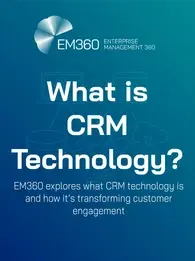
Comments ( 0 )